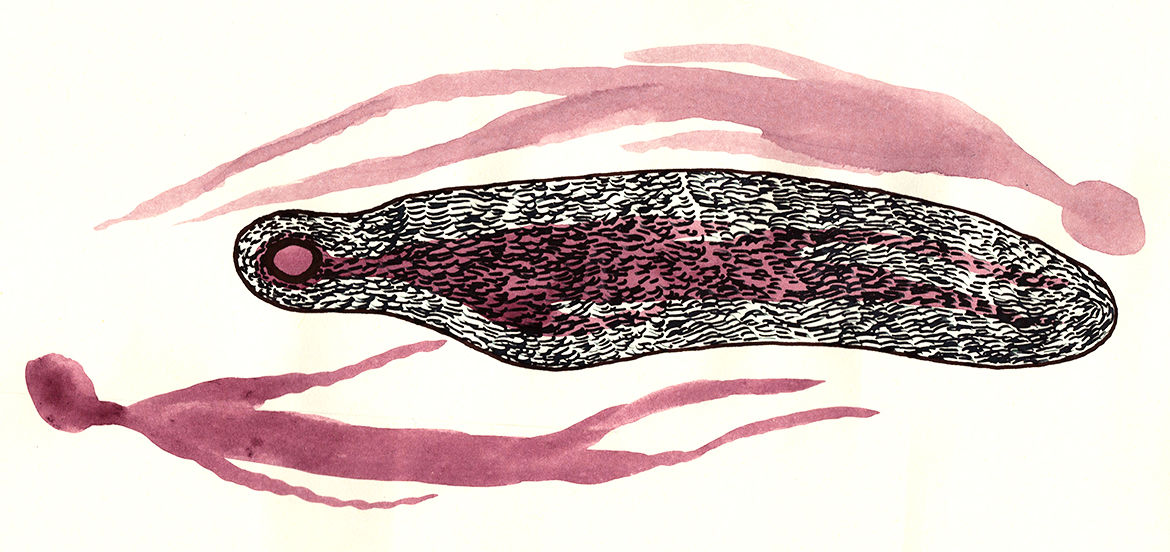Catapult Extra
Launched This Week: March 27th-31st
A roundup of stories from our week together at Catapult.
Marcel Krueger, “Borders of the Past: On Europe and the Berlin Wall” :
How can I not support the concept of a continent working together while keeping the cultural identities intact, coming from a place where a wall dominated life until I was twelve? How could I consider the European project a failure? The idea of a peacefully united continent that acknowledges identity and enables exchange must prevail. The more barriers we put in the way, the more difficult we make it for us and our children to exchange and explore other places and cultures. The more fear we create of the unknown, the more difficult we make it for us to have a nuanced view of the world. In our globalized and interconnected present, this is more important than ever.
Ethnographer and poet Marina Kaganova travels with a Georgian folk ensemble and considers Freud’s essay on “the uncanny” as it relates to the human body, sleeping bags, and slumber.
Grace Loh Prasad on migration and keepsakes from her Taiwanese family : “. . . whatever you put in your suitcase to bring with you was incredibly important. If you wanted to remember someone or something, you had to choose carefully.”
Meet Dash, our Literary Pet of the Month (whose human, the wonderful Julia Pierpont, is teaching our advanced fiction workshop this spring!):
And that brings me to the real genius of dogs in particular: the walking. I go to the park now. I see more sunshine (also more rain, more snow, it’s a mixed bag). I talk to people, or rather, people talk to my dog. I know my neighborhood better. I have learned there are an incredible number of chicken bones on New York streets. And to a dog everything, everything, is interesting. And that is a very fine thing to remember.
For our “Losing My Religion” series, Kelsey Munger wrote about growing up with parents obsessed with spiritual warfare, facing down demons, and their own canola-scented method of warding off evil:
The cross on our door, drawn in canola oil, was a symbol that our house was God’s property; demonic forces had no right to be there. It was a spiritual “No Trespassing” sign. Friends, neighbors, extended family, the mailman, and the Jehovah’s Witnesses who stopped by every Tuesday afternoon all stood on that same welcome mat without looking closely at our door. The evidence that my family wasn’t like all the other families on our nondescript suburban block was literally under their noses, but no one ever noticed.
The grimy oil smudges were everywhere, not just on our front door. They dotted the outside walls of our house and lined the halls inside. Throughout my childhood, my mom would often walk into my bedroom holding a mug of oil. “Don’t mind me,” she’d say with a smile, drawing an oily glob on my door and then reaching down to put some on my forehead. “Just doing an oil line.”
“Having a baby has been a boot camp in reconfiguring my life” : Catherine LaSota shares how becoming a parent has helped her set more reasonable creative goals for herself.
In which the Magpie sees Doug Wheeler’s PSAD Synthetic Desert III installation at the Guggenheim and enters “the radical silence.”
Need some book recs? Here’s what Catapult staff are reading!
David Naimon on his time volunteering at a Kenyan hospital, the terrorist bombing that wounded him in India, and the distance between doctors and patients: “When the young Pakistani doctor claimed responsibility for his attack, he did so by an email to the press. But its subject line reads less like a declaration of victory than a script, a medicine delivered from doctor to patient, to this doctor-patient, as if his prescription, ‘Let’s Feel The Pain Together,’ was written for me.”
We began our week with a new comic by Liana Finck , and it’s also a beautiful way to end it:

